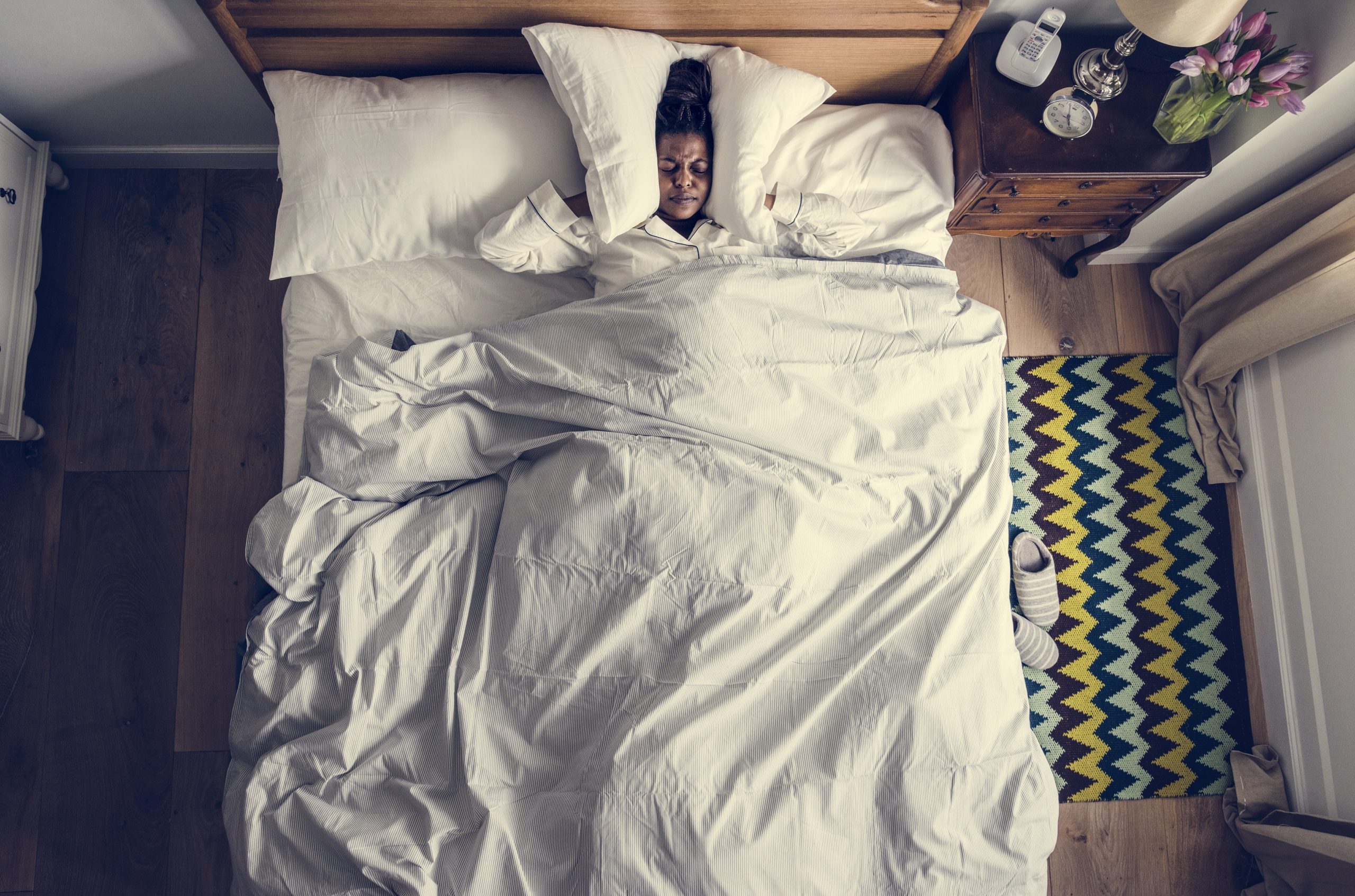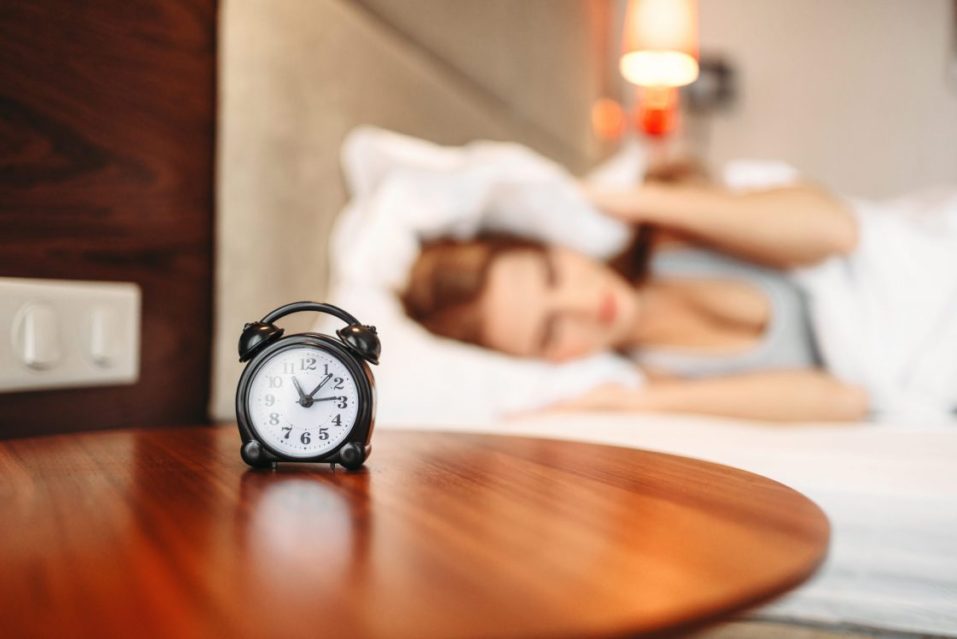Maintaining your health doesn’t just mean you should exercise regularly and focus on clean eating. It also means you need to be getting a good night’s sleep. Sleeping poorly can negatively affect your brain function and ability to exercise, as well as cause weight gain. If you’re looking to improve your sleep, these things may help. Here are four tips to help you get a better night’s sleep.
Time Your Exercise
Exercise is a key component to creating a healthy lifestyle. Regular exercise can decrease instances of insomnia and increase the time you spend in a deep, restful sleep. But, exercise alone may not improve your sleep. You have to be smart about the timing of your workouts. Make an effort to complete strenuous workouts at least three hours before going to sleep. If you find that you’re still having trouble sleeping, work out even earlier in the day. Low-impact exercises like yoga can help promote sleep if you conduct it in the evening.
Be Consistent
Consistency is key to a good night’s sleep. Setting a consistent schedule for your sleep and waking times will help increase the quality of your sleep patterns overall. Irregular sleeping patterns can be disjointing, and while you may be tempted to go to bed late on the weekends, you should try to avoid it. This can result in poor sleep. If you find yourself struggling with sleep, try to set a routine of waking up and going to bed at similar times every day. After a few weeks, you may find that you don’t even need an alarm.
Quiet Your Mind
There’s nothing strange about waking up in the middle of the night, but some people struggle going back to sleep. If you’re having this issue, try to quiet the noise in your mind. Stressing out about why you can’t sleep only encourages your body to remain awake. Instead, turn your attention toward the feelings of your body or try breathing exercises. If that doesn’t work, try a quiet activity like reading a book or knitting. Be sure to keep your lights dim and avoid screens. You don’t want to say to your body that it’s time to rise and shine.
Control Your Thermostat
It may not surprise you that your body and bedroom temperature have a massive impact on sleep quality. Trying to sleep in an environment that is too hot results in more tossing and turning than actual sleeping. Set your room’s thermostat to around 70 degrees, as that is typically a comfortable level for most sleepers, but of course, the exact temperature will depend on your personal preferences.
Conclusion


As you’ve read, sleep plays a vital role in maintaining a healthy lifestyle. Insufficient sleep can lead to a lot of negative health risks, but you can do your body a favor by getting seven to eight hours of sleep a night. Take care of yourself by applying some of the tips we’ve listed above into your sleeping habits.
Over To You
Do you struggle with sleep issues? Do you have any advice for those that do?








